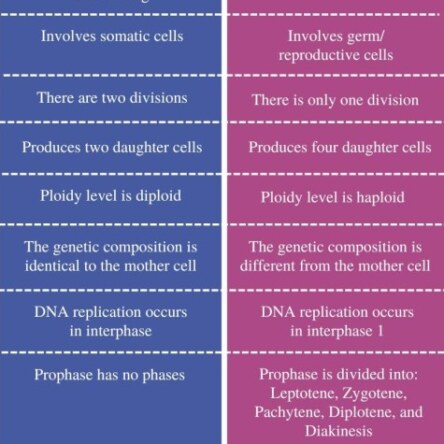Online education offers numerous benefits for students, making it a highly adaptable and effective mode of learning. One of its most significant advantages is flexibility, allowing students to access courses and materials anytime and anywhere, accommodating diverse schedules and learning paces. It oRead more
Online education offers numerous benefits for students, making it a highly adaptable and effective mode of learning. One of its most significant advantages is flexibility, allowing students to access courses and materials anytime and anywhere, accommodating diverse schedules and learning paces. It opens doors to a vast range of subjects and specializations, often unavailable locally, while providing opportunities to learn from global experts. Online education is also cost-effective, reducing expenses such as commuting, housing, and physical textbooks, with many platforms offering affordable or even free courses.
Additionally, it fosters essential digital skills, such as navigating online tools and collaborating virtually, which are critical in today’s technology-driven world. The personalized learning experience, with adaptive content and instant feedback, enables students to focus on their unique needs. Furthermore, online education supports efficient time management and creates a safe, distraction-free learning environment. By minimizing its environmental impact and offering lifelong learning opportunities, online education empowers students to achieve their academic and professional goals with convenience and innovation.
See less


















Yom Kippur is the holiest day in Judaism, also known as the Day of Atonement. It is a solemn day of fasting, prayer, and repentance, observed by Jews worldwide. Yom Kippur occurs on the 10th day of the Hebrew month of Tishrei, which usually falls in September or October on the Gregorian calendar. KeRead more
Yom Kippur is the holiest day in Judaism, also known as the Day of Atonement. It is a solemn day of fasting, prayer, and repentance, observed by Jews worldwide. Yom Kippur occurs on the 10th day of the Hebrew month of Tishrei, which usually falls in September or October on the Gregorian calendar.
Key aspects of Yom Kippur:
Yom Kippur is preceded by Rosh Hashanah, the Jewish New Year, and together these holidays mark a period known as the High Holy Days or the Days of Awe, a time of deep spiritual reflection.
See less